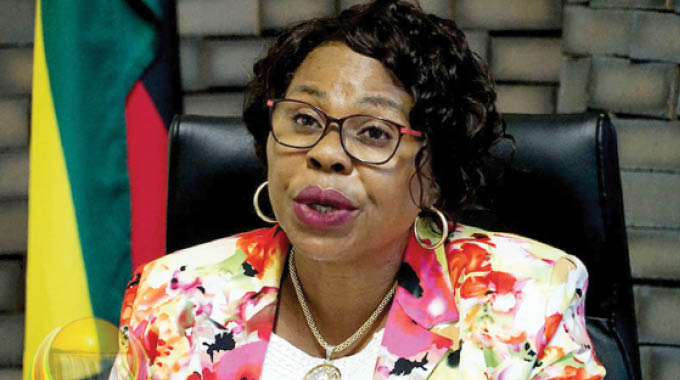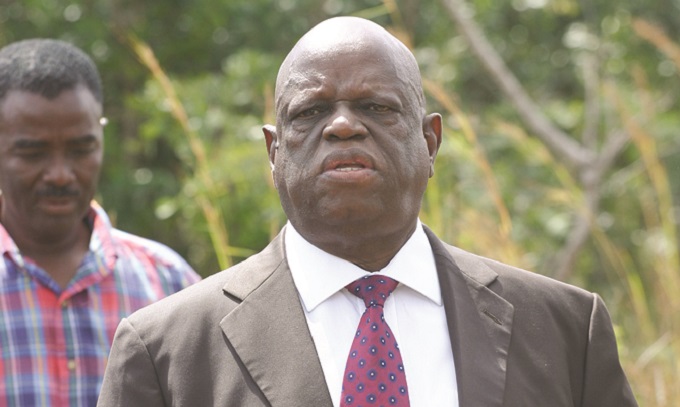COMMENT: Media – Take advantage of new operating environment

THIS year’s World Press Freedom Day theme was: “Information as a Public Good”.
This means information must be accessible to all at all times and for free, or at least be affordable.
Other common public goods include law enforcement, national defence, and the rule of law.
The UN General Assembly proclaimed May 3 as World Press Freedom Day in 1993. This was following a recommendation adopted at the 26th session of Unesco’s General Conference in 1991.
Zimbabwe on Monday joined the rest of the world in commemorating World Press Freedom Day under a Second Republic that has gone out of its way in ensuring that information becomes a public good.
The Second Republic has rolled out massive reforms improving rights of access to information and increasing diversity and pluralism in the broadcasting sector.
Notable strides include the repeal of the Access to Information and Protection of Privacy Act (Aippa) which will be replaced with three Acts — the Freedom of Information Bill, the Zimbabwe Media Commission Bill and the Protection of Personal Information/Data Protection Bill.
In broadcasting, six private television stations were granted licences by the Broadcasting Authority of Zimbabwe in November last year, while six language-based community radio stations have since been licensed.
In a statement on Monday, Information, Publicity and Broadcasting Services Minister Monica Mutsvangwa said the World Press Freedom Day theme underlined the indisputable importance of verified and reliable information.
She called for attention to the essential role of free and professional journalists in producing and disseminating information by tackling misinformation and other harmful content.
The minister was spot on. The responsibility of making information a public good does not lie on the shoulders of Government alone.
Media practitioners, owners and trainers also have a responsibility to fight misinformation and improve the standards of local journalism.
Wrong, malicious or divisive information can never be a public good.
In this age of social media, misinformation has become the order of the day and it is the duty of professionals in the media sector to provide correct information.
The Second Republic has made significant strides in creating a free and fair media environment and opening up the airwaves, but good journalism can only come from the profession.
For example, the six private television stations that have been licensed to compete with the national broadcaster, Zimbabwe Broadcasting Corporation, have an obligation to operate on the highest ethical standards.
Gone are the days when Press freedom was only under threat from governments. Today, social media have changed access to information as we know it.
Misinformation is now on the offensive more than ever before. Media players in Zimbabwe must take advantage of the new operating environment and provide accurate, reliable and truthful information as a public good.
The new threat to the media must be given the full attention and resources needed in the fight to ensure that information remains a public good.
Zimbabwe’s vision of achieving an upper-middle income economy by 2030 is reliant on information. This is the information age; nothing can ever be achieved without quality information.








Comments